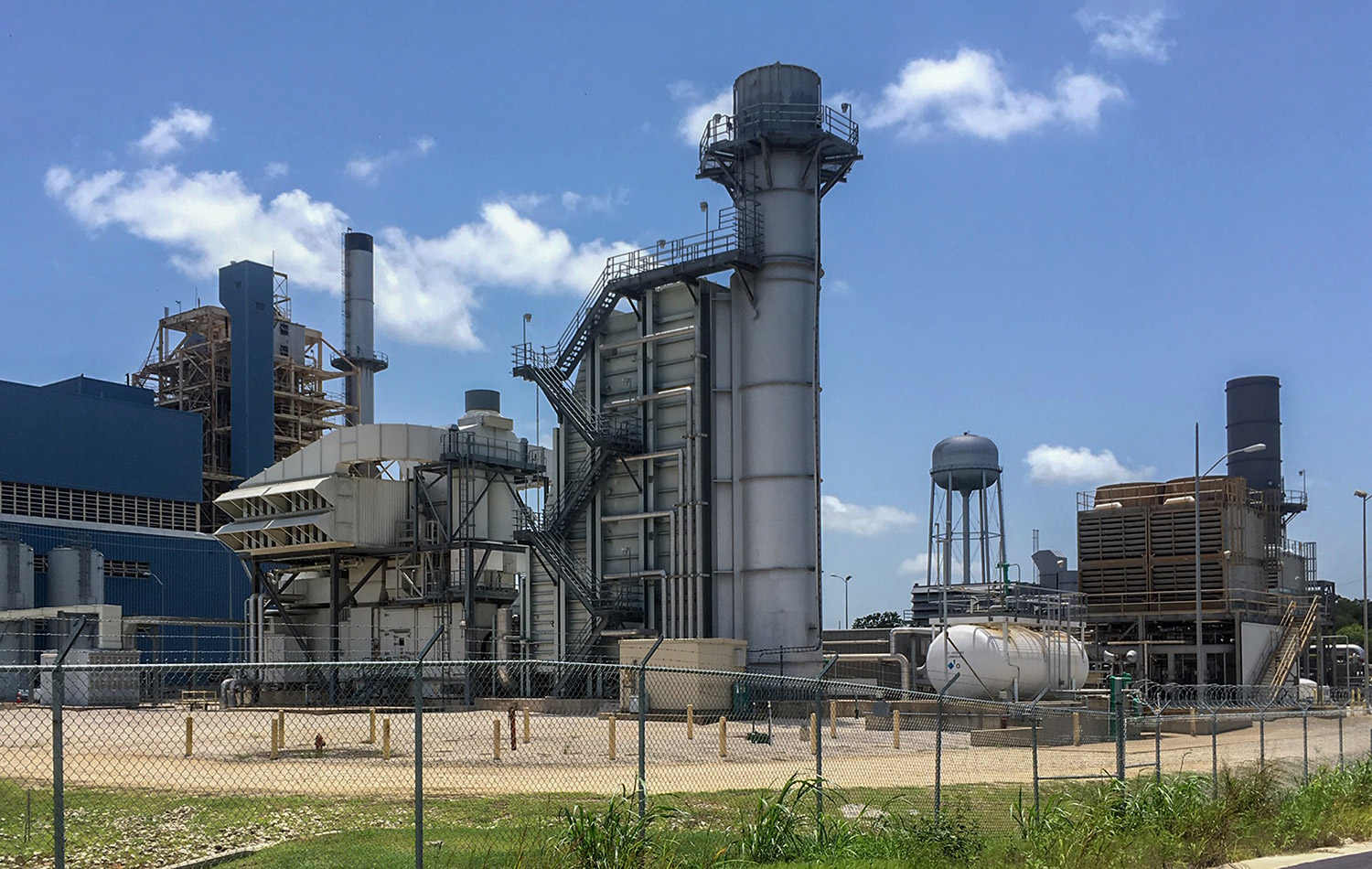
The state agency with the most direct authority over electricity use and production is the Public Utility Commission of Texas, which is run by five Commissioners appointed by the Governor. The PUC has authority over many aspects of electricity, over market rules, over the construction of transmission lines and has broad authority to assure a fair, competitive and adequate market structure. In addition to the PUC, the Office of Public Utility Council (OPUC) represents consumers and has independent authority. In addition to these regulatory authorities, the "system operators" in Texas include ERCOT (the Electric Reliability Council of Texas) in most of the state, the Southwestern Power Pool in the northwest, the Western interconnect in far west Texas, and the Southeastern Energy Reliability Council (SERC) in northeastern Texas. Federal authorities include the US Federal Energy Regulatory Council, NERC (National Electric Reliability Council), and the US Department of Energy. The extent of their authority depends upon the issue and the region. Recently, the Texas legislature approved a bill to continue the role of the PUCT in its regulatory authority at least until 2029, and made a number of policy and governance changes to the agency to make its actions more transparent to the public.
In addition, the State Energy Conservation Office, a division of the Comptroller of Public Accounts, runs several programs, including both a division that approves new minimum energy codes for new construction, another that provides energy audits for public entities, and a loan program for public entities to make changes to add renewable energy or reduce energy use in public buildings.
Moreover, both the US Environmental Protection Agency and the Texas Commission on Environmental Quality have regulatory authority over the permitting and enforcement of power plants that must seek air quality and wastewater discharge permits, and the Railroad Commission of Texas has regulatory authority over the pipelines that carry natural gas to power plants, the production of oil and gas and the mining of coal plants. The Attorney General\'s Office also can play a key role in the ultimate enforcement of both market and environmental rules governing the electric industry.
In addition, within service territories, individual utilities have authority over smaller "distribution lines," over rates - subject at times to PUC oversight and approval -- and other policies and programs. Thus, municipal utilities, electric cooperatives and private Transmission and Distribution Utilities have broad powers and authority.
Finally, the Texas legislature can approve the laws that govern the functioning of the market and electric industry. In both 2021 and 2023, following the events of winter storm Uri and a tightening electric market, the Legislature passed a variety of new laws that made changes to the make-up and governing structure of the PUC and ERCOT, and also required the PUC to consider market and reliability changes, and weatherization requirements for power plants, transmission lines and gas supply infrastructure. While important changes were made, including adding some additional reliability services, many community advocates believed that many solutions such as increasing the use of energy efficiency, demand side resources like demand response, and distributed energy resources like onsite solar were not considered enough in the new policy framework.



